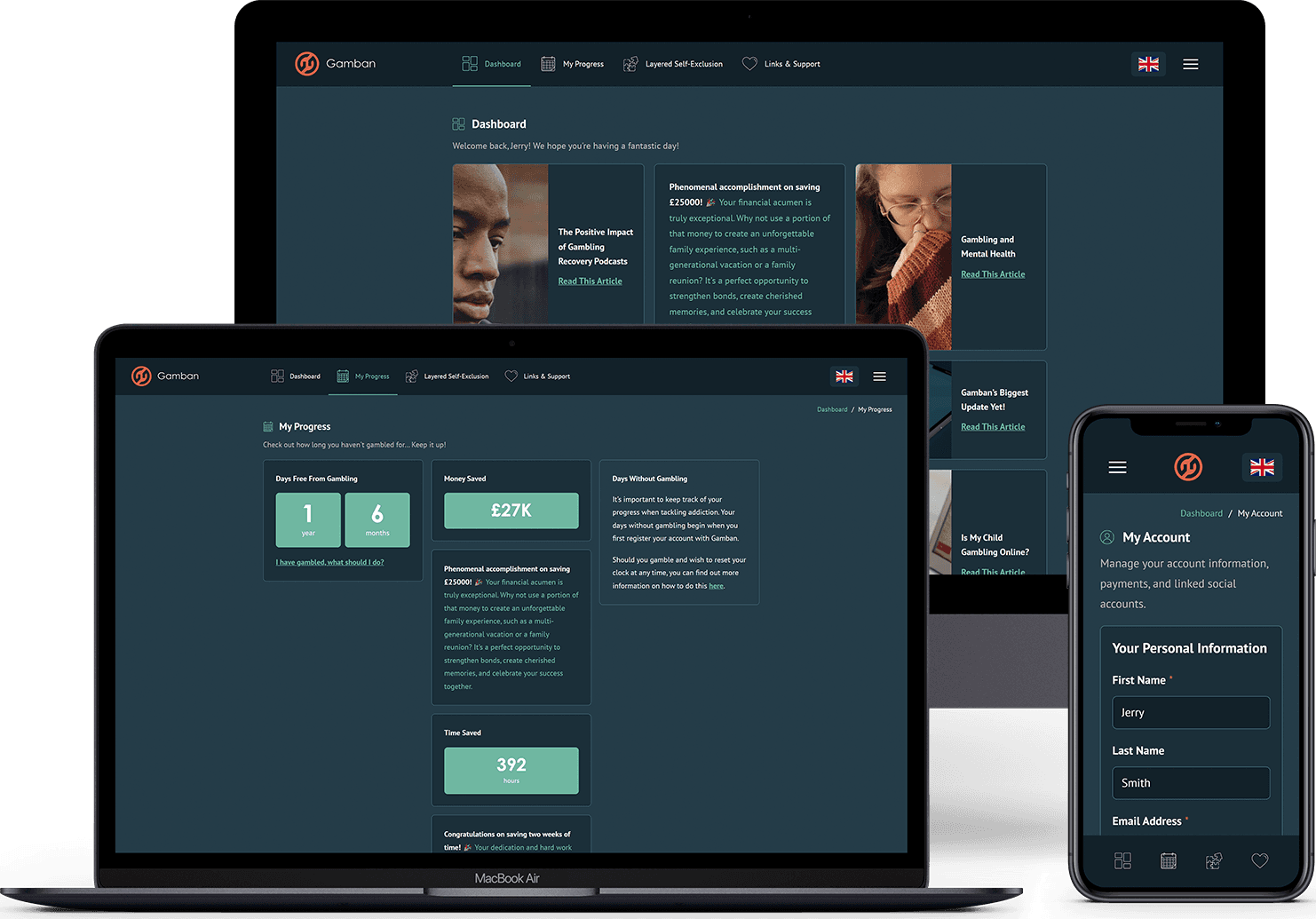12/08/2025
Gambling can take many forms, from betting on racing to playing the National Lottery. While gambling can be entertaining, there are some obvious (and less obvious) downsides. You could run up debt, endangering your chances to borrow money in the future, and even strain your mental health and personal relationships.
Estimates for how many people are affected by gambling addiction range from 0.7% to 2.4% of the UK's population. Gambling, like drugs or alcohol, can stimulate the brain's reward system, leading to addiction. People who are addicted to gambling often continue to do so despite experiencing negative consequences financially, professionally, or personally.
Some common signs of gambling addiction include:
Making Larger, Riskier Bets
A casual gambler may spend some of their disposable income on gambling activities. When their losses exceed what they are willing to spend, they stop. Gambling addiction is often characterised by the inability to control or stop gambling, carrying on even after losing more than you can afford usually to chase losses.
Feeling Guilt After Gambling
Beyond the initial feelings of sadness from losing, when someone has a gambling problem they may feel depressed and perhaps experience feelings of shame and guilt.
Using Gambling To Distract From Other Problems
Like other forms of addiction, compulsive gambling is sometimes used as a coping mechanism used to mask negative emotions and distract and escape life’s stressors and problems. Even if someone uses gambling to avoid dealing with negative feelings, the adverse effects of gambling include emotional side effects.
Hiding Gambling Habits
Lying to hide an addiction and its related behaviour is a core symptom of substance abuse, but gambling addiction is no exception. The obsession and compulsion to gamble can be so strong that the person will go to any lengths to place the next bet, and this usually includes lying to cover up where they are, what they are doing and what happened to their money.
Social Isolation
Gambling addiction often takes up a tremendous amount of time, missing out on events and other important obligations. Gambling while at work, when you should be sleeping or spending time with your family are also signs of addiction.
Feeling Strong Urges To Gamble
Addiction causes people to ruminate about their previous gambling experiences, and to think of little else than the next time they can place a bet. Even when there is a need to concentrate on everyday life activities, it can be difficult to think of anything else.
Problem Gambling Self-Assessment
If you're not sure whether gambling is a problem for you, GamCare offers a short test where you answer nine questions to understand more about your relationship with gambling. It's completely confidential and won't ask you for any personal information.
Once complete, you'll be given information about the extent to which gambling may be causing a problem for you, as well as steps you can take to stay safe. If you’re in the UK, Gamban is free through the TalkBanStop pilot, which includes support from GamCare, and self-exclusion provided by GAMSTOP.


